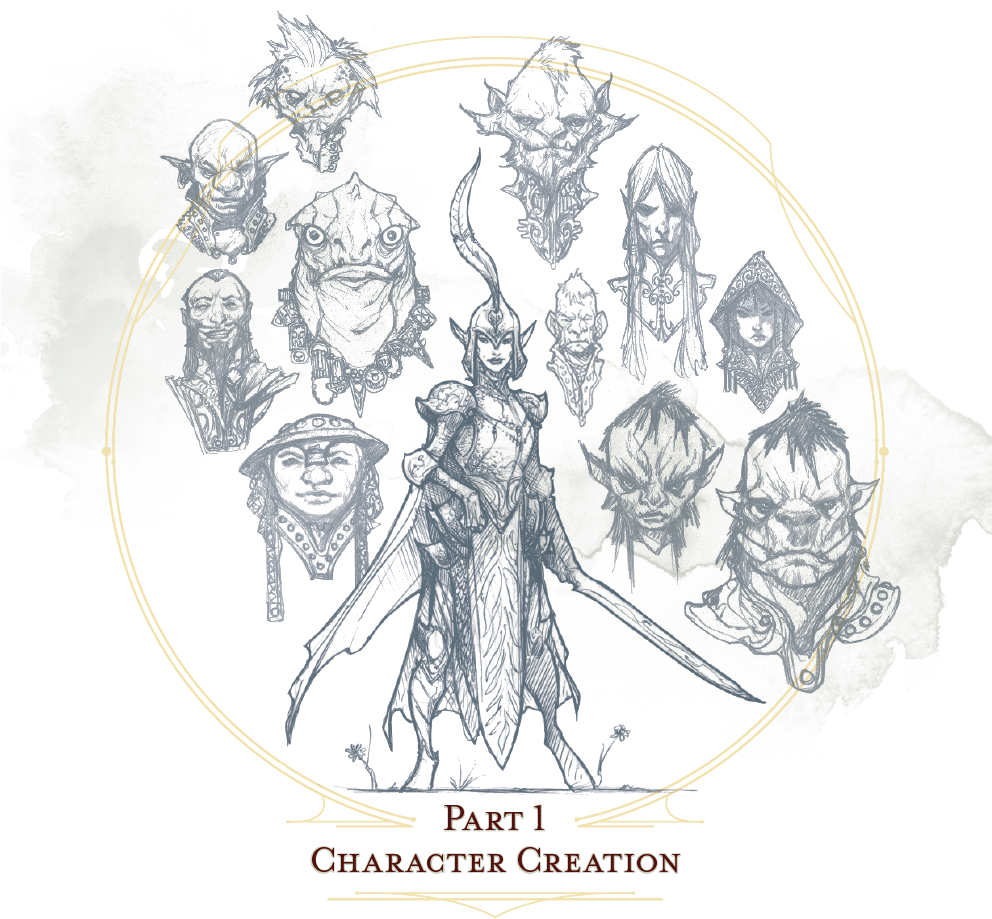Dungeons & Dragons is a popular tabletop roleplaying game that allows players to create characters and embark on epic adventures. One of the most important decisions a player makes when creating a character is choosing their class. Each class has its own unique abilities and playstyle, and it's important to choose a class that fits your preferred style of play. In this article, we will explore the pros and cons of different character classes in Dungeons & Dragons.
Fighter
The fighter is a versatile class that excels in combat. They have a high armor class and can deal a lot of damage with their weapons. The fighter also has access to a variety of combat maneuvers and can specialize in a particular type of weapon. However, the fighter does not have many non-combat abilities and may struggle in non-combat situations.
Pros:
- High damage output
- Versatile in combat
- Access to combat maneuvers
- High armor class
Cons:
- Limited non-combat abilities
- May struggle in non-combat situations
Wizard
The wizard is a spellcasting class that excels in casting a variety of spells. They have access to a wide range of spells and can specialize in a particular school of magic. The wizard also has a high intelligence score, which allows them to solve puzzles and overcome challenges using their intelligence. However, the wizard has low hit points and is vulnerable in close combat situations.
Pros:
- Access to a wide range of spells
- Can specialize in a particular school of magic
- High intelligence score for problem-solving
Cons:
- Low hit points
- Vulnerable in close combat situations
Rogue
The rogue is a sneaky class that excels in stealth and deception. They have access to a variety of skills, such as lockpicking and picking pockets, and can deal a lot of damage with their sneak attacks. The rogue also has a high dexterity score, which allows them to avoid traps and dodge attacks. However, the rogue is not as powerful in combat as the fighter or wizard.
Pros:
- Access to a variety of skills
- High dexterity score for avoiding traps and dodging attacks
- Can deal a lot of damage with sneak attacks
Cons:
- Not as powerful in combat as the fighter or wizard
Cleric
The cleric is a holy class that excels in healing and supporting their allies. They have access to a variety of spells that can heal wounds and restore abilities. The cleric also has access to divine magic, which can be used to turn undead and banish evil creatures. However, the cleric is not as powerful in combat as the fighter or wizard.
Pros:
- Access to healing spells
- Can support allies with spells
- Access to divine magic for turning undead and banishing evil creatures
Cons:
- Not as powerful in combat as the fighter or wizard
Paladin
The paladin is a holy class that combines combat prowess with divine magic. They have access to a variety of spells that can heal allies and smite enemies. The paladin also has a high armor class and can deal a lot of damage with their weapons. However, the paladin is not as versatile as the fighter or rogue.
Pros:
- Access to healing spells
- Can deal a lot of damage with weapons
- High armor class
Cons:
- Not as versatile as the fighter or rogue
In summary, each character class in Dungeons & Dragons has its own unique strengths and weaknesses. The fighter excels in combat, the wizard excels in spellcasting, the rogue excels in stealth and deception, the cleric excels in healing and support, and the paladin combines combat prowess with divine magic. It's important to choose a class that fits your preferred style of play and complements the other characters in the party. By carefully considering the pros and cons of each class, you can create a character that is both powerful and enjoyable to play.

Comments
Post a Comment